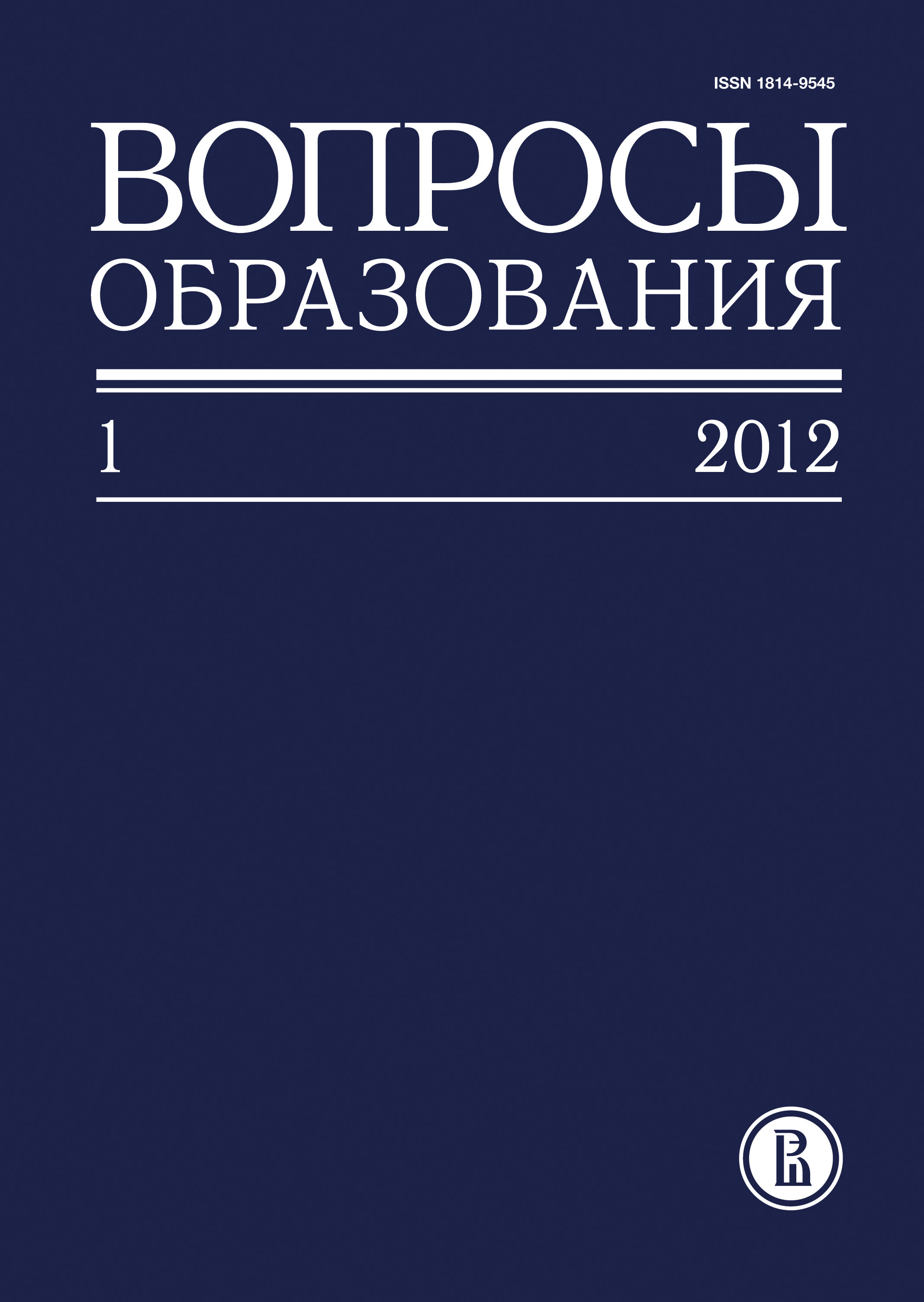Дети и родители — мигранты во взаимодействии с российской школой
Аннотация
Александров Даниил Александрович — кандидат биологических наук, профессор, руководитель Лаборатории социологии образования и науки НИУ ВШЭ — СПб. Эл. адрес: d_alexandrov@hse.spb.ru
Баранова Влада Вячеславовна — кандидат исторических наук, научный сотрудник Лаборатории социологии образования и науки НИУ ВШЭ — СПб. Эл. адрес: vbaranova@hse.spb.ru
Иванюшина Валерия Александровна — кандидат биологических наук, старший научный сотрудник Лаборатории социологии образования и науки НИУ ВШЭ — СПб. Эл. адрес: ivaniushina@hse.spb.ru
Представлены результаты первого в России масштабного исследования адаптации детей из семей мигрантов в школах. На основании результатов анализа эмпирического материала обсуждаются вопросы этнической и социальной дифференциации школ, взаимодействия родителей со школой, отношения учителей к иноэтничным ученикам, межэтнического общения школьников.
Установлено, что распределение детей по школам в большей степени определяется их социальным положением, чем этническим происхождением. Подтверждены данные американских социологов о том, что существует позитивный отбор мигрантов и что для мигрантов первого поколения характерен так называемый иммигрантский оптимизм. Предполагается, что в России этот эффект обусловлен недавним началом массовой миграции, в связи с чем может быть утрачен в следующем поколении.
С использованием метода многоуровневой регрессии продемонстрировано влияние миграционного и этнического статуса на успеваемость. Показано, что дети-мигранты, принадлежащие к этническим меньшинствам, обладают высокой учебной мотивацией и их образовательные результаты не уступают достижениям их местных сверстников в этих же школах, а образовательные планы иноэтничных мигрантов не отличаются от таковых этнического большинства. Результаты анализа сетей общения в классах свидетельствуют об отсутствии в школах дискриминации представителей этнических меньшинств со стороны этнического большинства вопреки существующим в российском обществе националистическим настроениям.
Определены перспективы продолжения исследования с точки зрения долгосрочных социальных прогнозов.








